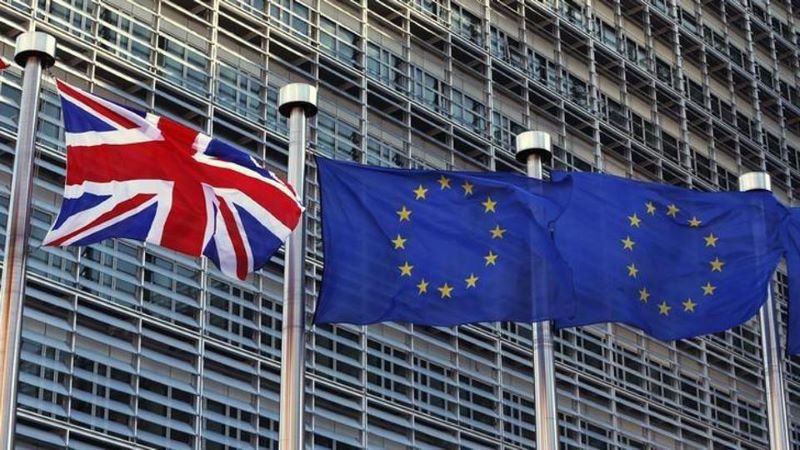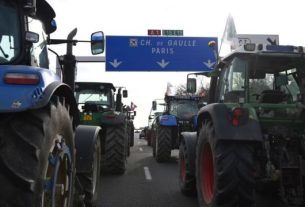LONDON: Britain is actively seeking to redefine its trading relationship with the European Union, recognizing international commerce as a pivotal factor for reviving the U.K. economy, according to Trade Minister Douglas Alexander in an interview with AFP.
Alexander noted that the 2016 referendum in which Britain voted to leave the EU led to “significant disruption” in the country’s trade policies. He emphasized the urgent need for the U.K. to recalibrate its global trade strategy, particularly in light of the economic challenges posed by the post-Brexit landscape.
On October 21, Alexander visited Geneva to engage with the head of the World Trade Organization (WTO), as part of a broader initiative to develop a comprehensive U.K. trade strategy, set to be unveiled in spring 2025. He stated, “The fact that this is my first visit to Europe signals the new government’s strong commitment to the WTO and to the multilateral trading system.”
This initiative follows the Labour Party’s sweeping victory in July, which resulted in Prime Minister Keir Starmer’s administration succeeding the Conservative government after 14 years and five different leaders. Alexander expressed confidence that the U.K. would emerge as “the most politically stable democracy in the G7” in the coming years, acknowledging that while this stability does not guarantee economic progress, it certainly creates a more favorable environment.
“We are eager as a new government to reset our relationship with our friends and partners in the EU while simultaneously pursuing free trade agreements and new opportunities across global markets,” he stated. Alexander highlighted that trade growth is vital to the Starmer administration’s primary mission of enhancing the British economy. He described trade as “one of the essential tools in our toolkit” aimed at achieving both economic and fiscal stability.
The U.K. economy experienced a modest growth of 0.5 percent in the second quarter of 2024, recovering from a brief recession in the latter half of the previous year. However, Alexander acknowledged that the immediate aftermath of Brexit remains challenging, with 47 percent of British trade still conducted with the EU, underscoring the urgency of re-establishing ties.
“My visit to Geneva was intended to listen and learn, helping to shape my understanding of the WTO’s role in our evolving trade strategy,” he explained. Following Brexit, the U.K. now negotiates independently at the WTO, which comprises 166 member states, including the EU.
“We have an ambitious agenda to unlock opportunities beyond the EU while simultaneously seeking to reset our relationship with it,” Alexander concluded, emphasizing the U.K.’s status as a predominantly services-based economy with significant national interests in expanding digital trade.





